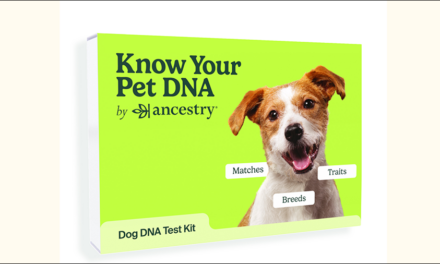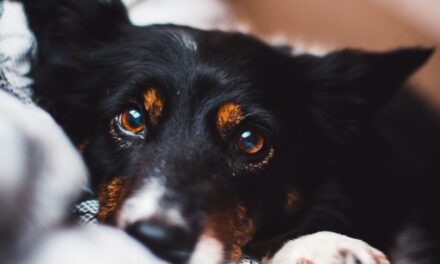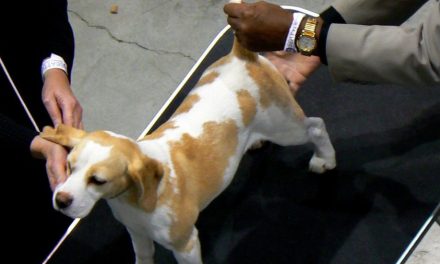Royal Canin convened its inaugural roundtable to address unethical breeding and extreme conformation in cats and dogs.
The event brought together five prominent organisations committed to tackling these intertwined issues, setting the foundation for a global coalition aimed at improving pet welfare.
The roundtable participants agreed on the need for a unified strategy to combat unethical breeding practices and extreme conformation. These practices have created significant health and wellbeing challenges for cats and dogs. By collaborating, the organisations aim to foster responsible breeding practices and promote a health-first approach to pet care.
Unethical Breeding and Its Impact
Unethical breeding prioritises profit over pet welfare, leading to animals raised in substandard conditions. Many of these animals are sold illegally through classified ads or social media platforms. Research from FOUR PAWS revealed that almost half of puppies bought online are taken home too young, with more than a quarter under seven weeks old. Additionally, nearly a third of these puppies experience health issues soon after purchase, placing significant strain on owners and animal welfare organisations.
Extreme conformation, on the other hand, refers to exaggerated body shapes in cats and dogs that do not occur naturally and are often detrimental to their health. These forms are often linked to breeding practices that prioritise appearance over function, causing animals to suffer from breathing difficulties, joint problems, and other serious conditions.
Collaborative Effort to Drive Change
Cécile Coutens, President of Royal Canin, highlighted the importance of collaboration in addressing these challenges. “Unethical breeding and extreme conformation are complex issues far bigger than any one organisation. By working as a collective, we now have the power to drive meaningful change and empower more people to choose health,” she said.
The event was attended by key stakeholders, including the World Small Animal Veterinary Association (WSAVA), Royal Veterinary College (RVC), International Collaborative on Extreme Conformation in Dogs (ICECDogs), FOUR PAWS, and Fédération Cynologique Internationale (FCI). Each organisation brought valuable insights into the challenges and potential solutions for unethical breeding and extreme conformation.
Expert Perspectives
Dr Monique Megens, Chair of ICECDogs, emphasised the importance of united efforts: “We can only secure a sustainable future for dog health and wellbeing through multi-stakeholder efforts at both national and global levels.”
Dr Åke Hedhammar, a member of the WSAVA Hereditary Disease Committee, advocated for healthier breeding practices: “We call for and will promote breed improvement in cats and dogs into physically and mentally healthy variations in shape, function, and behaviour.”
Dr Tamas Jakkel, President of the FCI, stressed the importance of responsible breeding programmes and ownership, stating: “Every effective animal welfare activity starts with a good breeding programme and choosing the responsible, individual new owner for puppies.”
Addressing the Root Causes
Dr Dan O’Neill, Associate Professor at the RVC, described extreme body conformation as a pressing welfare issue for domestic dogs. He outlined the vision for the future: “In a perfect world, every cat and dog is produced or acquired with an anticipation of being able to breathe, exercise, sleep, blink, eat, keep cool, wag a tail, be pain-free, and reproduce naturally. This new Royal Canin Roundtable will help to make this natural life a reality for all cats and dogs.”
Royal Canin’s Choose Health initiative is a central component of its efforts to combat unethical breeding and extreme conformation. This programme focuses on promoting responsible pet ownership and breeding, with a clear objective to reduce these practices by 2030. By uniting individuals and organisations across the pet welfare field, the initiative aims to inspire actions prioritising pet health over physical appearance.








